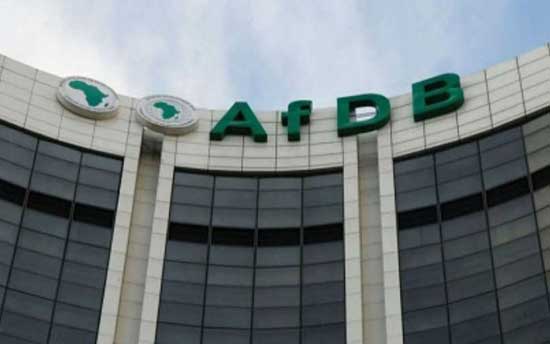- In Ghana (and in Africa), when a minister of state falls down, you can be sure he did not jump; he was pushed. Either because ...

I present today, a man who was, and is, a rarity in African politics. On the occasion of our Independence anniversary, as Ghanaians struggle to come to terms with how one politician and his brother applied Kweku Ananse wisdom to make themselves €3 million richer a lá Airbus bribery scandal, I celebrate Kwabena Gyima Osei Bonsu (‘C.K.’), 83-year-old former MP, former Minister in two regimes, lawyer and chief.
In Ghana (and in Africa), when a minister of state falls down, you can be sure he did not jump; he was pushed. Either because we may have nothing else to eat but sand if we resign, or because in our rise to the top, we invested so much in immorality, the culture of public office holders resigning on principle is alien.
It is against this backdrop that I present to the world, this rarity in African politics, a man whose ambitions in politics were curbed only by his unwillingness to bend on principle.
As Commissioner (Minister) of Information in the NLC regime of 1966-1972, C.K’s waking hours had a single focus — keeping journalism and press freedom alive and protected. Note: in a military regime in Africa.
That is why it is surprising that a scan of Ghanaian journalism’s hall of fame does not reveal the GJA’s acknowledgement of his immeasurable contribution.
In January 1968, he personally handed his resignation letter to Lieutenant-General J.A. Ankrah, military Head of State, at the Castle, Osu, because the government in which he served had fired four journalists of the state media for their journalistic opinions.
The year was 1967. Abbot Pharmaceuticals, an American company had put in a bid to acquire GIHOC Pharmaceuticals, then on divestiture. Some conscientious Ghanaians, including Dr Jones Ofori-Atta, father of the present Minister of Finance, openly opposed the terms of the deal, saying it smelled.
The media went to town. In their editorial columns, the Daily Graphic, the Ghanaian Times and the Evening News, state-owned newspapers, sided with the government’s critics.
The Castle issued a statement dismissing four journalists, namely Moses Danquah, Editor-in-Chief of Guinea Press Group of Papers, Henry Thompson, Editor of the Evening News, John Dumoga, Supervising Editor of the Daily Graphic and Oscar Tsede, Editor of Times, for daring to question the terms under which government had disposed of the state pharmaceutical company.
To an outraged CK, this was preposterous.
The action offended the very foundation of his very upbringing. For a lawyer, it breached the very rules of natural justice that formed the bedrock on which the law was founded.
He booked an appointment to see the Head of State, General Ankrah, to whom he handed his resignation. Reason? “I think that there was nothing wrong with what the editors wrote. They were exercising their freedom.”
His contempt for this blow against free press was palpable, but evidently, General Ankrah failed to see it. So C.K, explained, “Your Excellency, you gave me a portfolio as minister in your government responsible for information, yet you sack editors of state media without reference to me.”
Seeking to mollify or placate him, the General offered him another ministerial portfolio in the government. That is when CK delivered the coup de grace, “General,” he said, “I don’t think you understand me. I cannot work with your government. I don’t think you trust me, and I cannot trust you”
With that, General Ankrah was left with no options: he accepted C.K’s resignation. In the next five minutes, he was out of the Castle, his destination: Arden Hall of the then Ambassador Hotel. Before going to the Castle, he had asked his secretary to invite the media to that venue for a press conference. To the media, he read his resignation letter.
Fifty-three years on, as I sat by his side at his residence last week, I asked C.K what drove him. “Simple,” he replied. “The principle of free press drove me. You don’t give journalists a job and go and sit on their necks determining what they should write.”
Apparently, that was the calibre of ministers the in-coming Professor Kofi Abrefa Busia was looking for. In 1972, as Prime Minister of the Second Republic, he appointed C.K. Osei Bonsu, his Minister for National Security.
To the credit of Ghanaians, the CK story is well-documented, at least, by journalists. Cameron Duodu and I.K. Gyasi, in their columns in Daily Guide on January 24, 2014 and Ghanaian Chronicle of February 2016, in that respect, make mention of it.
I use this opportunity to salute my mentors: Cameron Duodu who turned down the offer of the NLC government to take the dismissed editor’s job, and Elizabeth Ohene who, as acting Editor of Daily Graphic, refused to be confirmed in the position by President Hilla Limann, insisting on the principle that only the Press Commission, not government, could do so.
There is hope for the future.

















